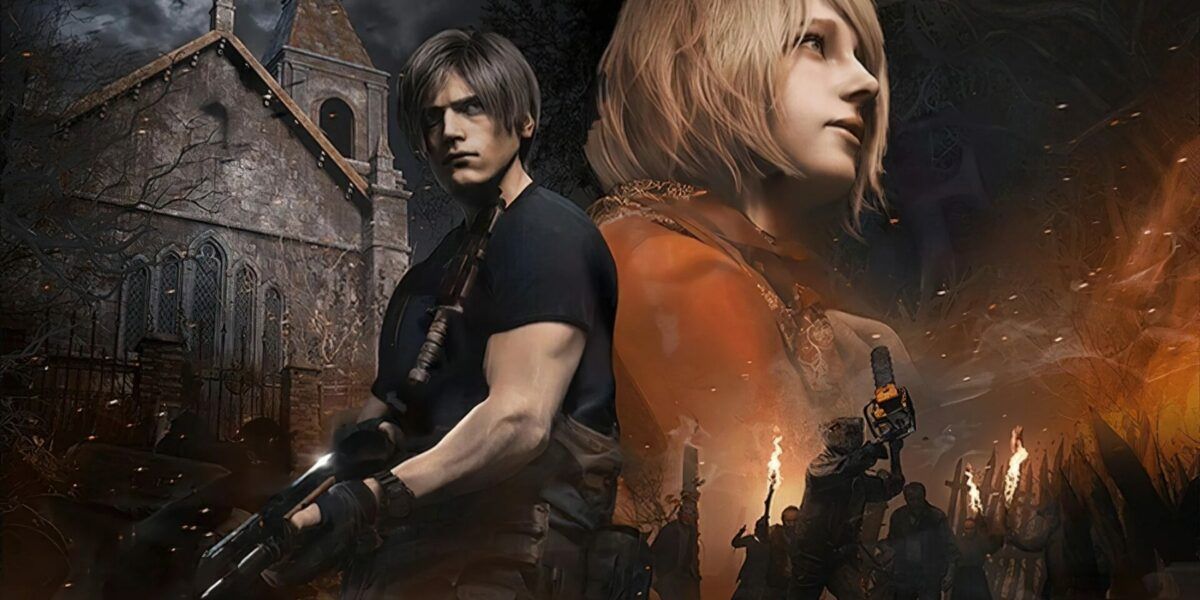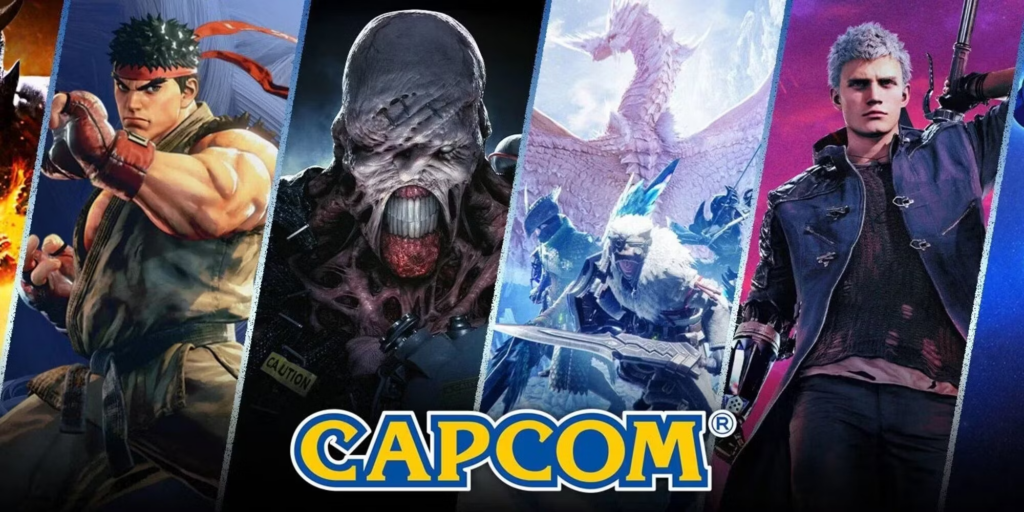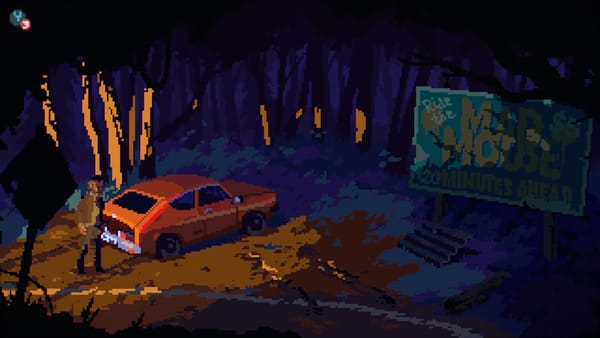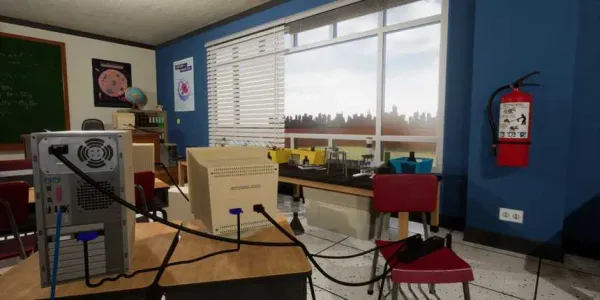Resident Evil 4 Remake confirms Capcom cares about their legacy
Resident Evil 4 remake could have been a treacherous path, but Capcom has nothing but utmost respect for their games.

Written by Steve Heller
When it was announced that Capcom was going to give Resident Evil 2 a complete re-make, I was totally on board. Many consider RE2 to be the pinnacle of the first wave of survival horror, myself included, and over the years it has suffered the cruel hands of time with its tank controls, and limited playability due to aging systems. It made perfect sense to revisit the classic, if only to bring it to the hands of more players in the current age.
Before the release of Resident Evil 2 (2019), the remake craze was still in its infancy. Sure, we have been dealing with what feels like a never-ending stream of HD remasters for a decade now, but few developers have tried to completely remake a classic game from the ground up in quite the same way. Now that critical acclaim and financial viability has been proven thanks to the likes of the Resident Evil 2 remake and Final Fantasy VII Remake, the flood gates have been opened. Capcom quickly followed up with a remake of Resident Evil 3, and just this year we have seen the remakes of Dead Space and The Last of Us Part 1 command the attention of the AAA space, perhaps due to the drought of certified mainstream bangers, or perhaps because gamers are fueled by nostalgia and want to re-experience their favorite adventures.
The Resident Evil 4 announcement trailer took over all my social feeds
But when Capcom announced that they were remaking Resident Evil 4, many were rightfully skeptical.
Resident Evil 4 is an undisputed landmark moment in gaming. When the original released in 2005, it completely changed the conversation in regards to what an action game could be. While its immediate impact was perhaps not as radical as The Legend of Zelda: Ocarina of Time was for the 3D adventure, Resident Evil 4’s influence on game design for the following decade absolutely cannot be understated. On a franchise level, Resident Evil 4 tossed aside many of the series identifying features. Gone were the fixed camera angles, replaced by a fluid third-person camera. The slow and plodding tank controls were replaced with (for the time), far more responsive controls that allowed the player to control Leon S. Kennedy with a deftness that simply did not exist in the series. And while staying firmly in the horror camp, Resident Evil 4 was the campier, brawnier sibling version of horror when compared with its predecessors. It is an overused comparison, but the first three Resident Evil games felt more plodding like Ridley Scott’s Alien, while Resident Evil 4 was a meme-spewing, one-liner machine, akin to James Cameron’s Aliens.
While Resident Evil 4 was just built different, it still contained the same heart that those first three games displayed. Yet it’s more modern approach, and more mainstream action appeal saw the entire series catapult beyond the horror gaming crowd, directly into the living rooms of gamers as a collective across the globe.
The classic trailer is still delightful!
Capcom were going to mess with THAT game?
Why a remake could have harmed the franchise
It was a dangerous prospect, changing the formula of a game that became an industry hallmark. There are thousands of gamers out there who will tell you that Resident Evil 4 is a perfect video game. That not a single thing should ever be changed. We reached perfection in 2005. There was no need to revisit.
But more to the point, Resident Evil 4 was readily accessible. After the initial Gamecube exclusivity window, it was brought to the PlayStation 2 later that year. In 2007 the game was re-released again on the Nintendo Wii, now with motion controls that are still lauded as one of the better implementations on that system.
A HD re-release was then made for the PlayStation 3 and Xbox 360 a few years later, and once again the HD version was made available on the PlayStation 4, Xbox One, and even a mobile version. Resident Evil 4 was almost as accessible as Skyrim, and what’s more is that it even looked pretty great at this point too.

The reasons for remaking Resident Evil 2 made a lot more sense. That game was unavailable to most. If you didn’t have an original PlayStation sitting in a garage, playing a legitimate version of the game was not a readily accessible thing. Game design principles, control interfaces, graphical fidelity, all of these reasons made a compelling case for a Resident Evil 2 remake. None of those reasons exist for Resident Evil 4. What’s even more perplexing is that Capcom have not developed a modern remake of the original Resident Evil game, citing the existence of 2002’s Gamecube remake that has since come to PC and other platforms, as the version to play.
The remake I never knew I needed
But now that Resident Evil 4 (2023) is here, I have come to understand why Capcom has charged ahead with such courage. This is the remake I never wanted, but now I cannot live without. The developers have managed to capture the spirit of the classic, while modernizing it in very important ways. Some of those ways are immediately apparent. The controls are even more fluid than the original, allowing you to deal with the various set pieces with finesse. The graphics from the continually improving RE:Engine set a new benchmark for Capcom, and the series. The other improvements come at a much slower pace, with changes to the story and tone, which I for one, think fix some of the wrongs of RE4’s past.

The treatment of Ashley in the original game was “very Japanese” at best, misogynistic at worst . This remake however elevates her from damsel in distress to a capable person trying to make sense of the madness unfolding around her. While there are moments in the story that depart from the original, one of the best revamped sequences in this entire remake place you in control of the presidents daughter, with a tension and horror that the original sequence was incapable of delivering, because Ashley was nothing more than a plot device. This reworking of events forces you to see the world from her point of view, if only for a few squeamish moments.
It could have been very easy to play the ridiculousness of Resident Evil 4’s plot entirely straight, but what Capcom has done here is to subtly bring it in-line with the tone that has been set in the modern rebirth of the franchise. Before the release of this remake, the franchise had a wildly varied tone with a the shoestring of connective tissue being carried by the ominous Umbrella Corporation. As a result you had distinctive time periods. Resident Evil was the serious horror adventure, while Resident Evil 2 and 3 felt more like a zombie movie. Resident Evil 4 was an action adventure that played with the occult, while Resident Evil 5 was balls-to-the-wall action with levity provided by your partner in crime.

But it was the complete bomb of Resident Evil 6 that saw the franchise hit rock bottom. The one liners, the nonsensical plot, and the lacklustre gameplay meant that after the genocidal controversy of Resident Evil 5 backed by a general falling apart of tone and substance, left the franchise to the wind for many years. Even as a general fan, I completely thought that this was the moment that the long-running franchise would die off.
But the complete departure and surprise of Biohazard: Resident Evil 7 is what started this new adventure. One where the series could play with the camp and the grotesque – the horror anthology with a new direction and zest for life. It was the complete runaway success of RE7 that captured the essence of the very first game, and managed to change it into a masterpiece of horror that laid the foundations for the new wave of survival horror releases.
And that is where these remakes are taking an interesting turn. Because while the essence of each remake so far has remained intact, I do believe that we are seeing the tone and subtext be altered slightly to make the games feel more in-line with the current trajectory of the series. I played the original RE2 and RE4 fairly recently, and while they feature the same main character, they honestly feel disconnected. They stand alone on their own merits, with very different tones, ideas, and even conceits.
But when you make your way through the recent string of remakes, skipping RE1, RE5, and RE6, and move into the most recent adventures, it feels far more cohesive. Yes, their stories are still largely disconnected, however instead of Umbrella being the connective tissue, we have tone, subtext, and the developer’s reverence for the franchise providing a cohesion that the series has previously lacked.
And that reverence cannot be understated. The Resident Evil 2 remake was spurred on by internal support from Capcom producer, Yoshikai Hirabayashi, who originally took interest from a Resident Evil Facebook page question to the higher-ups in Capcom as proof that the fans wanted this game. Hirabayashi and their peers all grew up at the time that the original RE2 was coming out, which puts the Capcom R&D Division 1 team in a unique position – developers who share the nostalgia that we as fans feel for the source material. As fans of the original games, they intimately know why people are still obsessed with them years after release, which means that they can treat those wants with the respect that they deserve.
Largely, I believe that this is why the string of Resident Evil remakes have not only been successful, but have felt incredibly genuine.
The future of Capcom

Much like the Resident Evil franchise, Capcom is going through a sort of rebirth itself. After incredible success, particularly in the period that the original RE4 was released as part of the famous Capcom 5 (5 exclusives for the Nintendo Gamecube, all of which were hotly anticipated), the company hit the skids with a series of poorly received releases, declining sales, and financial strife. Rumors were swirling around for years that a company like Microsoft or Nintendo would swoop in and pick them up in a fire sale, and then the juggernaut that was Monster Hunter World became an international phenomenon, that saved the company both critically, and commercially. Since then, the storied developer has been going from strength to strength, releasing what feels like a never-ending stream of killer titles.
So it seems kinda fitting that the Resident Evil 4 remake continues that trend, a knowing nod to the past, while bringing Capcom’s genre-defining franchise into the future. The next interesting thing will be how the company tackles Resident Evil 5? Or perhaps they will simply move on, allowing the less successful titles to languish, without the renewed attention that a remake would bring.
One thing is for absolutely certain – Resident Evil 4 remake could have been a treacherous path, but Capcom has nothing but utmost respect for their games, and now it will be forever the defining version of this tale.



